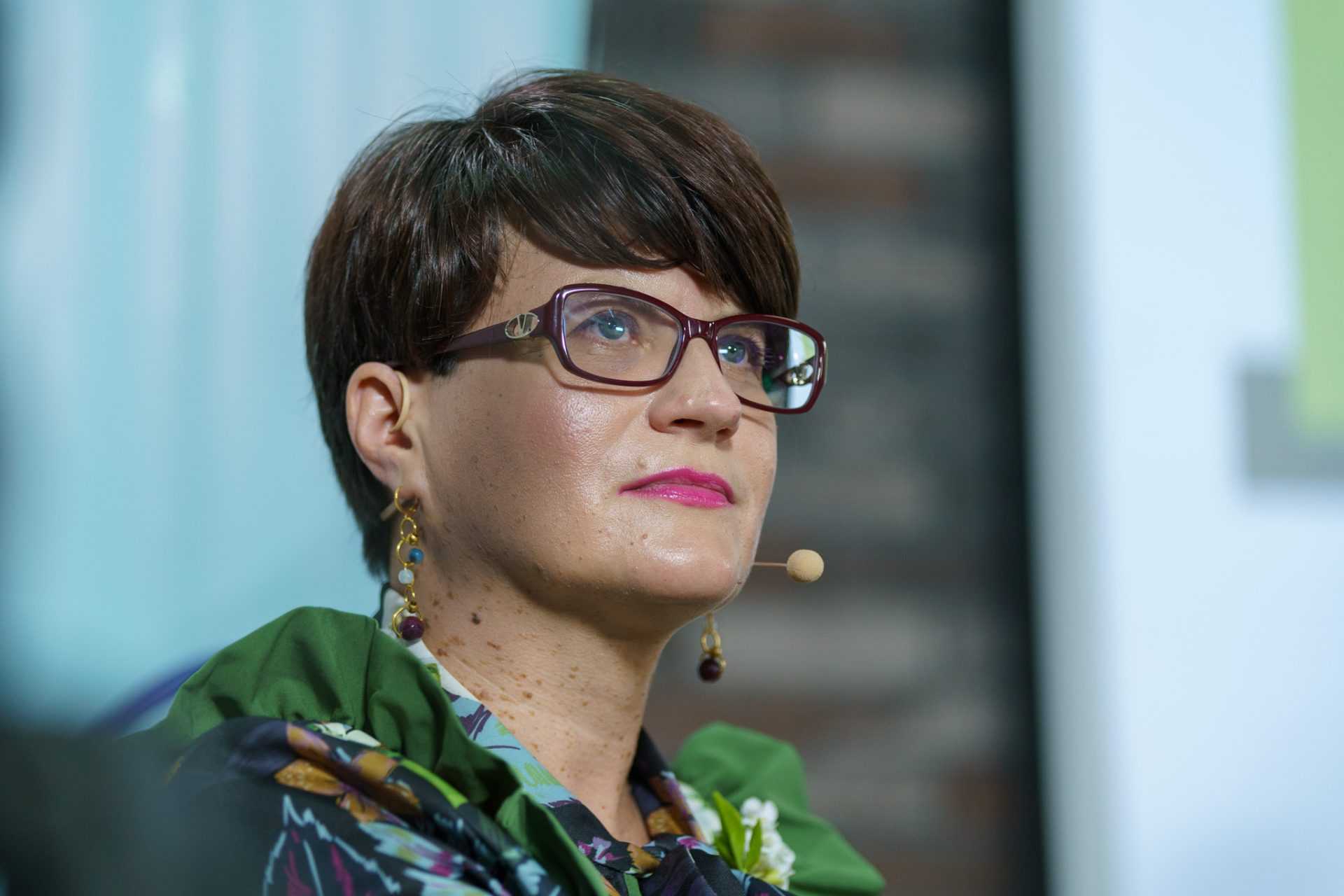Communication about sexual violence should not turn into a tabloid, – Larisa Denysenko

What the authorities’ communication about wartime sexual crimes should look like, what mistakes can hinder the investigation, and how to talk about your own experiences of war to be heard abroad. Larisa Denysenko, a member of the Expert Council of the Center for Civil Liberties, speak about this on Espreso.
In particular, the human rights defender commented on the accusations coming from some representatives of the Western audience that Larisa herself, commenting on crimes based on sexual violence, does not want to “see further her own trauma…”.
“In fact, misunderstandings and attempts to explain to me that I am too emotional and narrowly focused, because I am traumatized, and the world is much wider, often sound on the topic of communication or possible cooperation with Russians, whom someone considers good. For example, why should we not cooperate with researchers? “Why do you so categorically not want to let Russians into the common space, if they are good Russians?” – said Larisa Denysenko.
She also noted that it is necessary to explain to certain representatives of the Western audience that the war is not over yet.
“People seem to live in times when the war is over, everything has been paid for, there has been remorse, there have been trials… And then it is possible to tell me that I am behaving like an overly emotional person who is very narrowly focused and who is traumatized, so I don’t can accept that the world is diverse,” the human rights defender emphasized.
According to her, when communicating with the so-called “collective West”, we must always keep in mind that the majority of citizens of the countries of this “collective West” do not have such a traumatic experience as the Ukrainian women who suffered sexual violence.
“… We mainly communicate with people who have such experience from books and cinematography. They mostly do not have such personal experience. Even military correspondents came to another country and researched the material, and analyzed it to a greater extent than lived. Therefore, we need to explain our experience and not be afraid, to be frank,” Larisa Denysenko said.
Commenting on the issue surrounding the former ombudsman Lyudmila Denisova, the human rights defender emphasized that the communication of sexual crimes should be as balanced as possible.
“Communications about one of the most brutal war crimes, which is sexual violence, should not turn into a tabloid. The entire tabloid press is built on unnecessary private life details, and physiological processes to horrify, laugh, gossip, or draw attention. This is the language of the tabloid” she said.
The full version of the interview can be found here.

